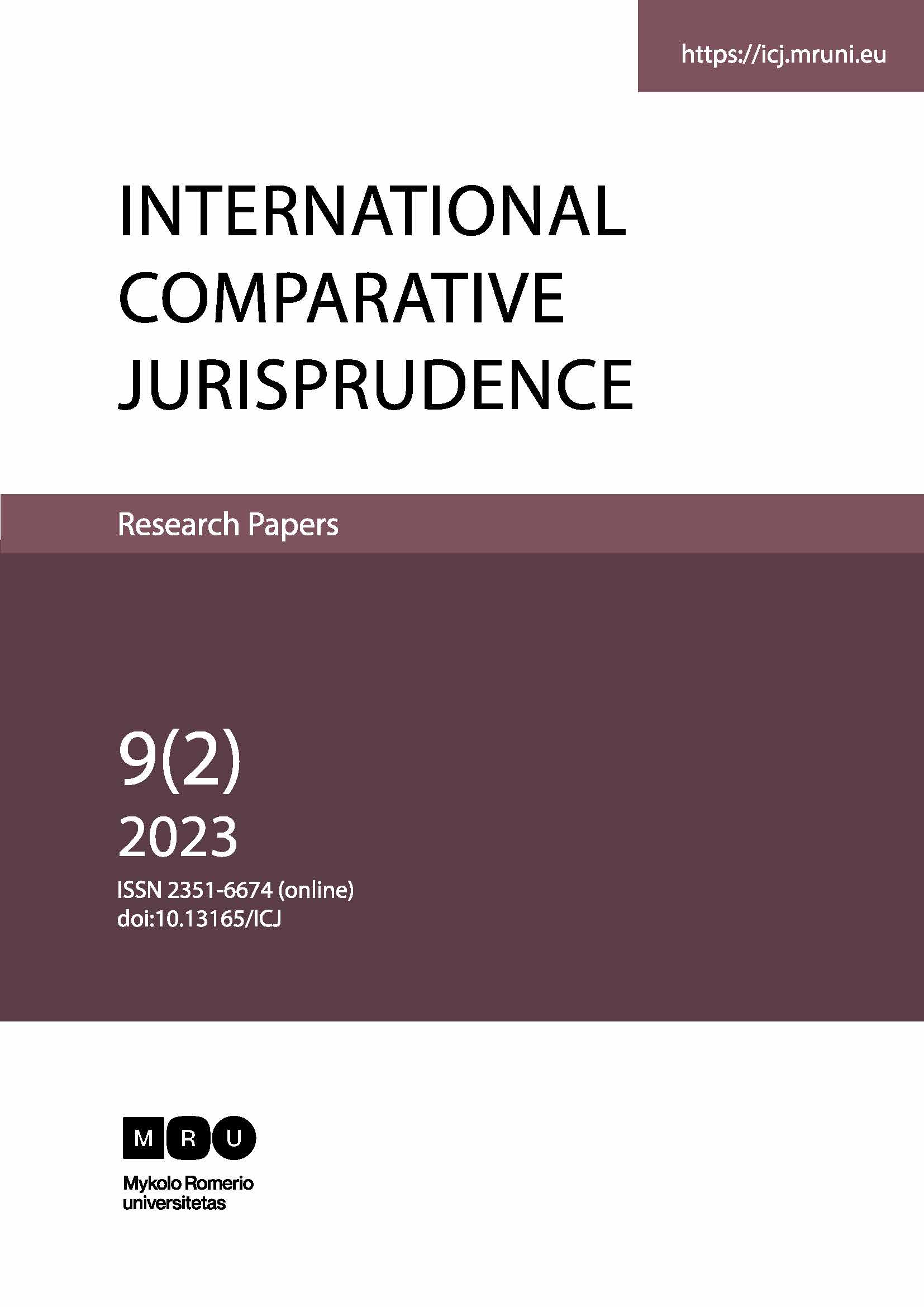LEGISLATIVE PERSPECTIVES AND SOCIOMEDICAL IMPLICATIONS OF MEDICAL TOURISM IN EUROPE: A COMPREHENSIVE REVIEW
##plugins.themes.bootstrap3.article.main##
Abstract
This research aims to intricately dissect the legal frameworks governing medical tourism in Europe, compare regulatory experiences across different countries, and highlight the legal nuances within the broader sociological and anthropological context. In the article, a multi-faceted methodology is employed to analyze legal aspects of medical tourism in European countries, focusing on the evolution, regulatory frameworks, and economic dynamics of the industry. This approach includes a comparative statistical analysis of national and EU regulation, historical perspectives, and legal hermeneutics to interpret laws affecting both domestic and foreign patients in the realm of medical tourism. The main research results are the clarification of the historical aspect of the development of medical tourism in the world, the distinction of its specific categories, and the provision of statistics regarding what specific types of medical care people migrate for. The way in which medical tourism is regulated in such European countries as Poland, Germany and France is explored. The research results can be used by lawyers, sociologists, and legislators to improve the effectiveness of legislation in regard to domestic and foreign medical tourism in the studied countries.
##plugins.themes.bootstrap3.article.details##
Authors contributing to International Comparative Jurisprudence agree to publish their articles under a Creative Commons Attribution 4.0 International Public (CC BY) License.![]()







